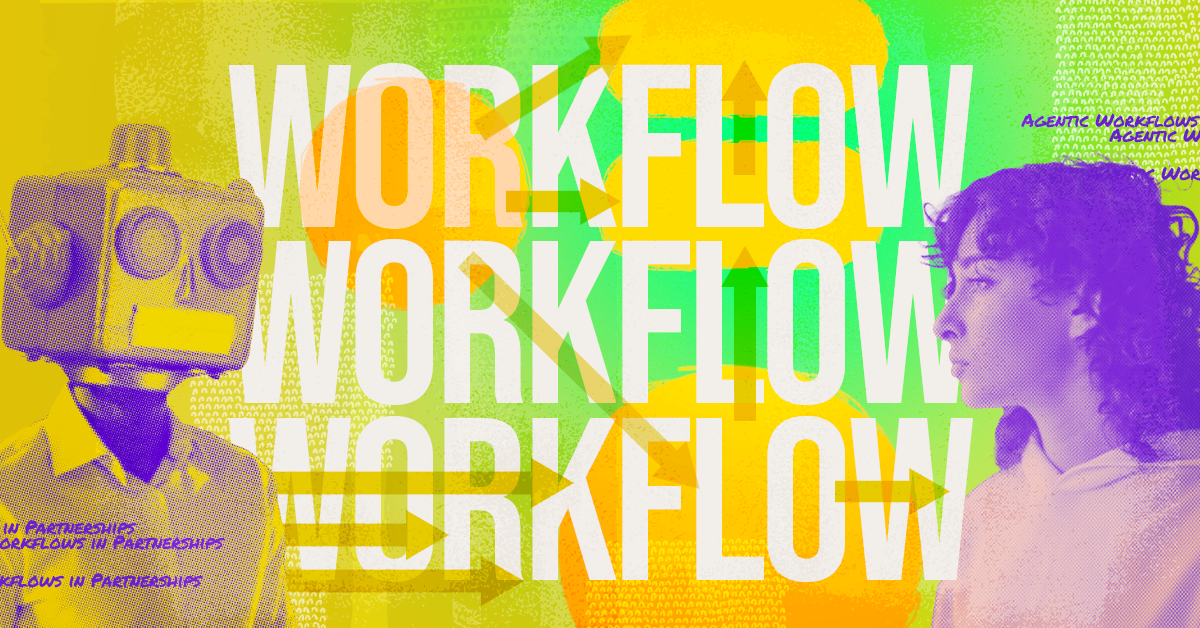Oh, imposter syndrome. Most of us have experienced this phenomenon at one time or another, whether in our personal or professional lives. There are varying degrees of imposter syndrome and ways to cope with it. however, if you want to build confident and long-lasting partnerships, finding successful methods of managing the effects and overcoming imposter syndrome is critical.
If you can relate to this feeling, read on for more information about imposter syndrome, how it can affect your work in partnerships, and methods you can use to effectively manage and overcome it.
What is imposter syndrome?
Imposter syndrome, sometimes referred to as perceived fraudulence or imposter phenomenon, is when a person is feeling doubtful or incompetent in a job that they’re actually qualified for or deserve based on their own merits. It’s more than just self-doubt. It branches into the fear of not having what it takes to do the job at hand. According to the American Psychological Association (APA), it first came to light in the 1970s when researchers realized some high achievers were unable to accept or internalize their own success.
Imposter syndrome affects both men and women, and may be a result of growing up in environments that overemphasized achievement (although societal pressure also contributes). The APA also notes that differing or standing out from peers (race, gender, sexual orientation, age, and more) can also contribute to these feelings. Some research indicates imposter phenomenon may be more prevalent in the tech industry, where 58 per cent of employees are estimated to experience some level of the condition during their careers.
The syndrome isn’t a recognized mental health condition, but it is increasingly recognized as a real and serious form of self-doubt that can serve as a companion to other mental health issues like anxiety and depression. Those who experience it may feel unworthy, like a fraud or phony. They may believe they’re under qualified, or that their inability to perform a job could be uncovered at any moment. Often those who suffer from it do so in silence.
Related: How tech workers can counter SAD and the winter blues.
How can imposter syndrome affect your work?
If it feels as though you’re tricking your co-workers or your boss into thinking you’re better at your job than you are, that can affect your relationships at work. In some cases the fear imposter syndrome drums up can also lead to procrastination or putting things off. Often those who experience it will beat themselves up over small mistakes and are unable to let things go. This leads to working even harder to prove their worth — to the point of exhaustion or burn out.
Some people who experience imposter syndrome may also spend too much time on routine tasks in the search for perfection. They may also second guess their decisions, or avoid feedback for fear of negativity. Often this can lead to prioritizing work over friendships and family or even believing their career defines them. This too can lead to affected relationships and burnout, not to mention stress, anxiety and depression.
How those working in partnerships may experience imposter syndrome
If you’re leveling up your career, imposter syndrome may affect you as you apply for a new job or consider potential growth opportunities. It can also rear its ugly head when it comes to negotiating salaries. When you consider that, it makes perfect sense that those working in partnerships may be especially susceptible to imposter syndrome.
Partnerships is a newer industry that often revolves around small or single-person teams. Often those who are working in partnerships or partnerships management have experience in marketing or sales, but — like the field itself — they’re new to the gig. Add in the pressure of advocating for the value of a partnerships program to execs and the need to prove continued success, and it’s particularly important for those in partnerships roles to recognize and deal with the signs of imposter syndrome.
Related: Get inspired with the best partnership articles of 2022.

Signs of imposter syndrome
If you experience any of the following symptoms at work, you may be suffering from this imposter phenomenon:
- Anxiety
- Self-doubt
- Lack of self confidence
- Unable to let small things go or dwelling on the past
- Feeling inadequate
- Comparing yourself to others
- Negative self-talk
- Distrusting your own skills and capabilities
- Being hyper-focused on small tasks
- Unable to accept criticism or feedback
- Working twice as hard “to get the job done”
- Self-sabotage
- Crediting your success to luck or other external factors
- Procrastination or failure to finish projects
- Unable to accept praise
- Burnout or exhaustion
What are the best ways to overcome imposter syndrome?
The first step in overcoming imposter syndrome is to recognize it. If you are experiencing imposter syndrome, it’s time to reframe your thoughts. Feelings are always valid, but thoughts aren’t always true. Recognizing that and seeking the truth behind those thoughts is an important first step.
Try writing down a list of your own accomplishments or skills, and using that list as affirmation when negative thoughts seep in. Try jotting down one successful thing you accomplish each day to start reframing those thoughts in a positive light and grow your mindset and confidence. Then, celebrate those successes when you hit a certain goal.
Depending on your professional environment, it may be productive to sit down with your manager and have an open dialogue with actionable items you’d like to work on relating to the job. You can also ask for direct feedback so you have tangible goals and objectives to work towards. Look into mentorship opportunities or programs for even more potential positive support and career growth.
It’s also important to foster your own work-life balance and ask yourself what is actually acceptable to give at work. Create boundaries and stick to them. If you find that small tasks are taking longer than expected or you’re procrastinating on overwhelming projects, make workback schedules for yourself to complete smaller tasks each day.
If your imposter syndrome is accompanied by overwhelming anxiety or depression, consider therapy or a support group. Open up to loved ones who will champion you in an honest way. Remember to receive any positive feedback without downplaying it or accrediting it to anything but you.
You may also like: These are the work culture trends we want to see continue in 2023.

A checklist of ways to manage and overcome imposter syndrome:
- Reframe your thoughts
- Be your own cheerleader and write down why you deserve your successes
- Practice self-compassion
- Work with a mentor
- Consider therapy or a support group
- Manage expectations in a reasonable way
- Create workback schedules to stay on task
- Ask your boss for feedback
- Let in positive talk
- Open up to loved ones
- Celebrate your successes
- Foster work-life balance and create boundaries
- Remember your job does not define you
See more: Build confidence with this career advice the PartnerStack team would give their younger selves.

















